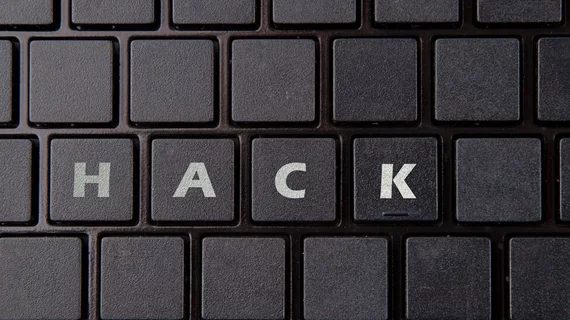Working remotely during the pandemic? AMA, AHA have cybersecurity help for you
A physician working from home during the COVID-19 crisis may offer cybercriminals a tantalizing target. Taking note of the heightened threat, the American Medical Association (AMA) and the American Hospital Association (AHA) have put together guidance to help foil would-be offenders.
In announcing the document, the associations point to an April 1 FBI advisory informing the public it had received more than 1,200 complaints about COVID internet scams. The bureau says medical facilities and first responders have been among the targeted, and it’s likely the same attackers will go after medical professionals now working from home via telework.
Patrice Harris, MD, president of the AMA, says the new guidance reflects both associations’ determination to “provide a resource with important steps to help keep a home office as resilient to viruses, malware and hackers as a medical practice or hospital.”
The guidance is available as a PDF. To download or read online, click here.

